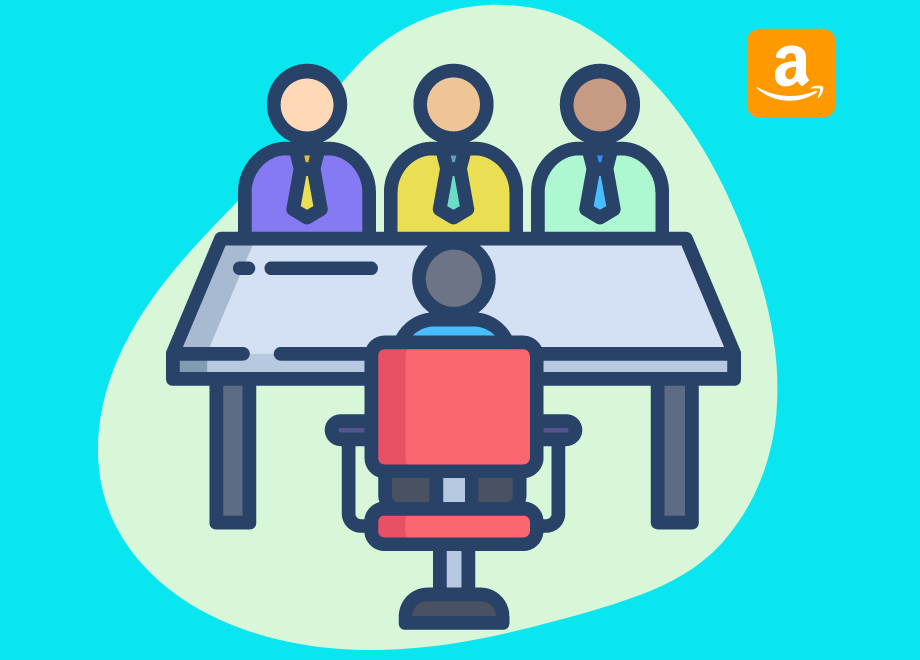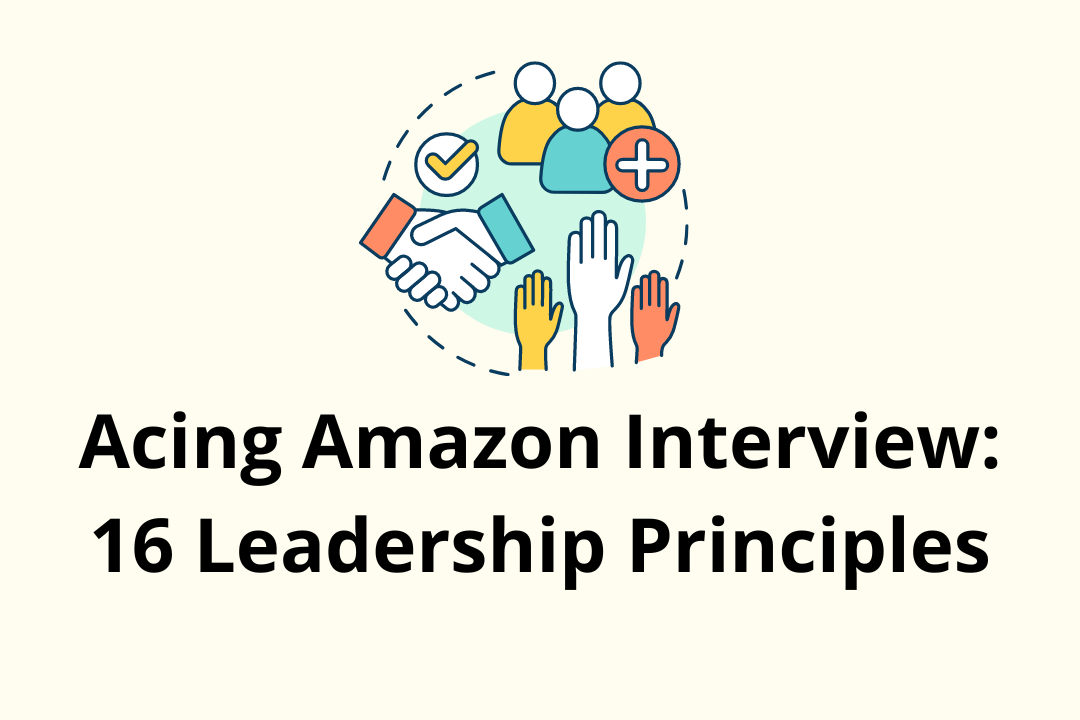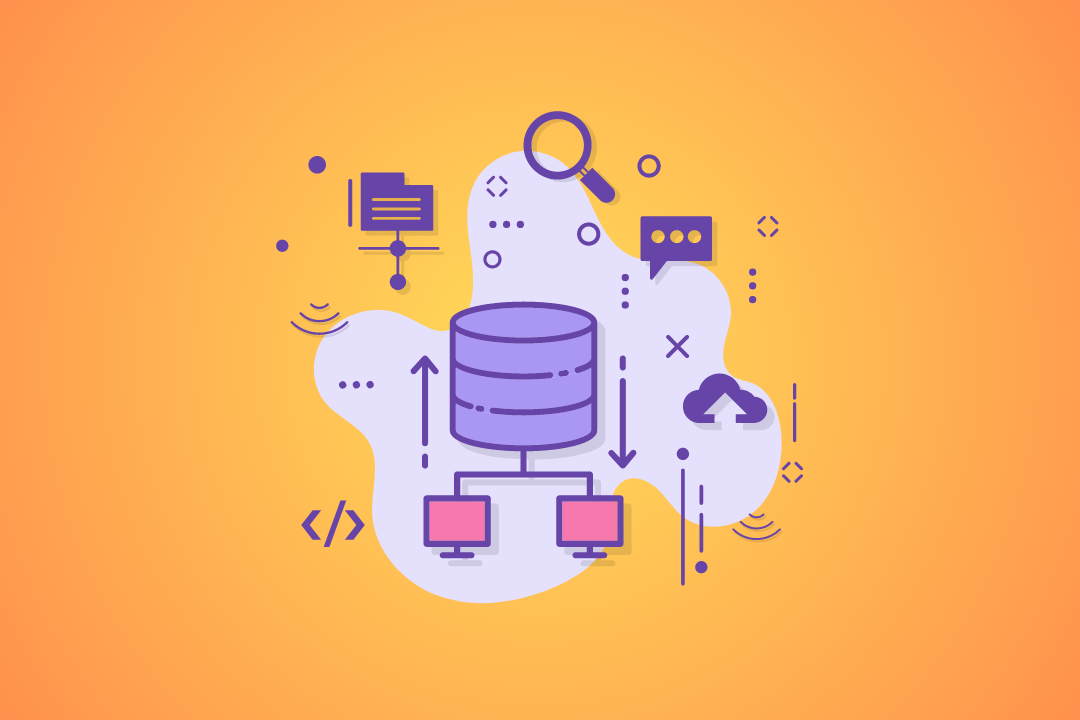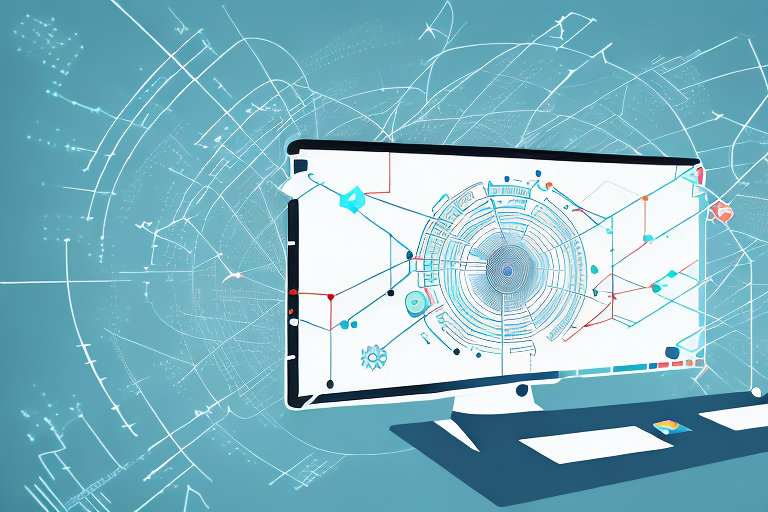8 Best Coding Practices for Beginners
When you're just starting out with coding, it can feel like there's a lot to learn.
Following best practices from the beginning can set a strong foundation for your development skills.
Here’s a straightforward guide to some of the best coding practices for beginners:
1. Keep It Simple
As a beginner, your first instinct might be to try complex coding techniques to impress others or test your limits.
However, it's important to start simple. Focus on writing clear and concise code that solves the problem efficiently.
The simpler your code, the easier it is to manage and debug.
2. Read and Follow Coding Standards
Every programming language has its own set of coding standards and conventions.
These might include naming conventions for variables and functions, formatting guidelines, or best practices for writing efficient code.
Following these standards helps make your code more readable and consistent.
Websites like GitHub or official documentation sites are great resources to learn about these conventions.
3. Comment Your Code
Comments are essential, especially when you're just starting out.
They help you understand what your code is doing, which is particularly useful when you return to your code after some time.
Comments can also help others understand your thought process, making it easier to collaborate.
Keep your comments clear and relevant to the section of code they refer to.
Find the best 8 tips to prepare for coding interviews in 2024.
4. Use Version Control
Version control systems like Git allow you to track changes to your code and revert to previous versions if something goes wrong.
Start using version control early, even for small projects, as it’s a vital skill in both personal and professional coding projects.
Platforms like GitHub also make it easy to collaborate with others.
5. Test Your Code
Testing is crucial. Always test your code to ensure it works as expected under different conditions.
Start with simple tests that check if your code performs the basic functions correctly, and then move on to more complex tests like edge cases (extreme conditions or unusual inputs).
Learning to write and run tests is a valuable skill that will improve the quality of your code.
Discover useful ChatGPT prompts to learn Python.
6. Read and Refactor
As you learn more about coding, go back and review your earlier code.
Identify any bad practices you might have used and refactor them.
Refactoring is the process of restructuring existing code without changing its external behavior. It helps improve the code’s structure, making it easier to understand and maintain.
7. Learn from Others
One of the best ways to improve your coding skills is to read other people’s code.
Look at open-source projects on platforms like GitHub, join coding forums, or participate in coding communities.
Seeing how experienced programmers solve problems can provide new insights and inspiration for your own projects.
8. Stay Curious and Keep Learning
Technology evolves quickly, and there’s always something new to learn.
Keep your knowledge up to date by reading programming books, taking online courses, and experimenting with new technologies.
The more you learn, the better you’ll become at solving problems through code.
Check out the skills you need to have as a developer in the AI era.
Wrapping Up
Every expert was once a beginner, and consistent practice combined with a desire to learn is key to success in coding.
By adhering to these best practices, you'll not only improve your coding skills but also develop good habits that will benefit you throughout your programming career.
Elevate your coding skills with power-packed courses crafted by FAANG engineers at DesignGurus.io.





